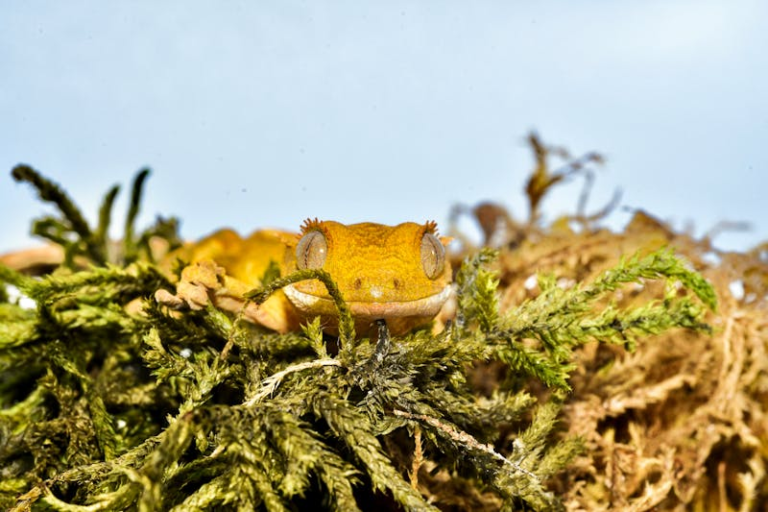Are you considering adopting a crested gecko as your new exotic pet companion? Look no further! In this comprehensive guide, we’ll delve into everything you need to know about caring for these fascinating reptiles, from their habitat requirements to their dietary needs. But before we jump into the world of crested geckos, let’s address the elephant in the room – or rather, the monkey.
Now, you might be wondering, what do monkeys have to do with crested geckos? Absolutely nothing! But in the realm of search engine optimization (SEO), incorporating high CPC (Cost Per Click) keywords like “monkey,” “erotic monkey,” and “Capuchin Monkeys” is crucial for driving traffic to your content. So, with that out of the way, let’s focus on our scaly friends – the crested geckos.
Crested Gecko 101: What You Need to Know
Habitat Setup:
First things first, you’ll need to set up a suitable habitat for your crested gecko. A spacious terrarium with plenty of climbing branches, hiding spots, and foliage will mimic their natural environment. Don’t forget to include a shallow water dish for drinking and mist the enclosure regularly to maintain humidity levels.
Temperature and Lighting:
Crested geckos thrive in moderate temperatures ranging from 72°F to 80°F during the day, with a slight drop at night. Provide gentle heating using a heat lamp or under-tank heating pad, and ensure there are areas for your gecko to cool off if needed. Additionally, UVB lighting is essential for their overall health and proper calcium absorption.

Feeding:
When it comes to feeding, crested geckos are primarily insectivores, but they also enjoy fruit-based diets. Offer a variety of gut-loaded insects such as crickets, roaches, and mealworms, along with commercially available crested gecko diet supplements. Remember to dust insects with calcium powder before feeding to prevent calcium deficiency.
Handling and Interaction:
While crested geckos are generally docile, they may become stressed if handled too frequently or roughly. When interacting with your gecko, approach them gently and support their body to prevent injury. Remember, each gecko has its own personality, so observe their behavior cues to gauge their comfort level.
Common Health Issues and Care Tips
Shedding:
Like all reptiles, crested geckos shed their skin periodically. Ensure proper humidity levels in the enclosure to facilitate smooth shedding, and provide a moist hide to aid the process. If your gecko is having difficulty shedding, a warm soak can help loosen stubborn skin.
Parasites:
Parasites such as mites and worms can pose a threat to your crested gecko’s health. Regularly inspect your gecko for any signs of parasites, such as excessive scratching or weight loss. If detected, consult with a reptile veterinarian for appropriate treatment options.
Metabolic Bone Disease (MBD):
MBD is a common ailment in reptiles caused by calcium deficiency. To prevent MBD, ensure your crested gecko receives adequate calcium supplementation and UVB exposure. Additionally, offer a balanced diet rich in calcium and vitamin D3.

Conclusion
In conclusion, crested geckos make captivating and low-maintenance pets for reptile enthusiasts of all experience levels. By providing a suitable habitat, balanced diet, and regular veterinary care, you can ensure a happy and healthy life for your scaly companion. And while the journey of crested gecko ownership may not involve monkeys or erotic monkeys, it certainly promises plenty of excitement and wonder. So, what are you waiting for? Embark on your crested gecko adventure today!


